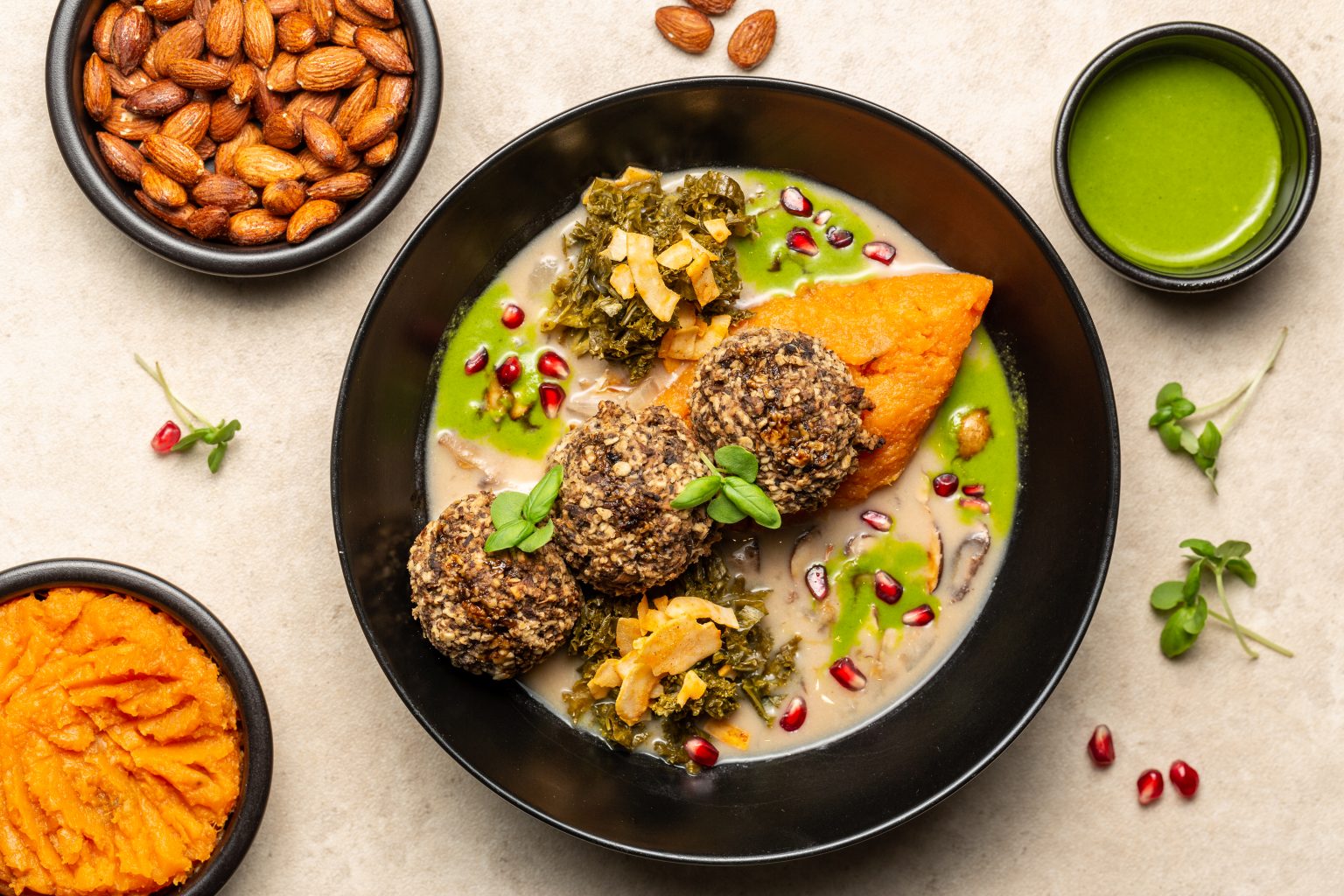By Louise Palmer-Masterton, Stem & Glory
So, obesity is now a government priority in the wake of the Covid-19 crisis, now that we know even being a few pounds overweight, increases your risk of complications due to the disease. But it’s hardly news that being overweight increases your vulnerability to ill health – diabetes to heart disease, cancer, high blood pressure, kidney and liver disease to name but a few.
The question now is how do we help people to lose weight and learn better eating habits?
The evidence that a plant-based diet can help
According to Peta, meat-eaters have three times the obesity rate of vegetarians and nine times the obesity rate of vegans. So it seems just cutting meat and dairy will immediately improve your chances of weight loss.
This isn’t new information either, a Swedish study back in 2005 showed that self-identified semi-vegetarian, lactovegetarian, and vegan women have a lower risk of obesity than omnivorous women. The advice of that report 15 years ago when veganism was hardly known was to ‘consume more plant foods and less animal products to help control your weight’.
Recent research by Dr Katarina Kos, senior lecturer in diabetes and obesity at the University of Exeter, showed that vegan or plant-based diets are effective in providing more weight loss. The side product of which is an improvement in diabetes and in diabetes and weight-related complications.
What’s stopping you?
When moving to a vegan diet many say that they’re always hungry. That was certainly the case for me. Why is this?
Switching to a plant-based diet means a move from high fat, calorie dense foods, so the body takes a while to adjust. The solution is to either eat more calories or eat a greater proportion, and a wider variety of proteins. The second option being the better one in supporting weight loss. Legumes such as chickpeas, combined with tofu, quinoa and a sprinkling of nuts and seeds for example will combine to give a greater protein content than just eating chickpeas alone.
I’m a believer in sticking mainly to natural whole foods – fruits, vegetables, legumes and whole grains – and avoiding processed foods where possible. With the explosion in plant-based meat replacements currently it’s easy to lose sight of this.
Vegan junk food
Take the explosion in vegan junk food, known as ‘dirty vegan’. Dirty vegan is huge on the plant-based scene right now. Enormous, stacked plant-based burgers, deep fried seitan, chips, mayo, macaroni cheese, all undoubtedly delicious BUT high in calories and low in natural, unprocessed ingredients.
Here lies the caution. Don’t be fooled into thinking that just eating plant-based food without attention to nutrition and calories will lead to better health and weight loss. The first vegan I ever met was very large and overweight. He lived on a diet mostly of potato chips!
Plant-based food can play a huge part in tackling obesity, and if you do just one thing to help with weight loss, then simply turning vegan is moving in the right direction. But moving away from vegan junk and meat replacements, towards natural unprocessed food is the right way to achieve optimum health and healthy weight.



